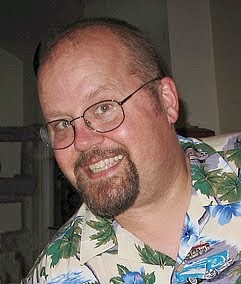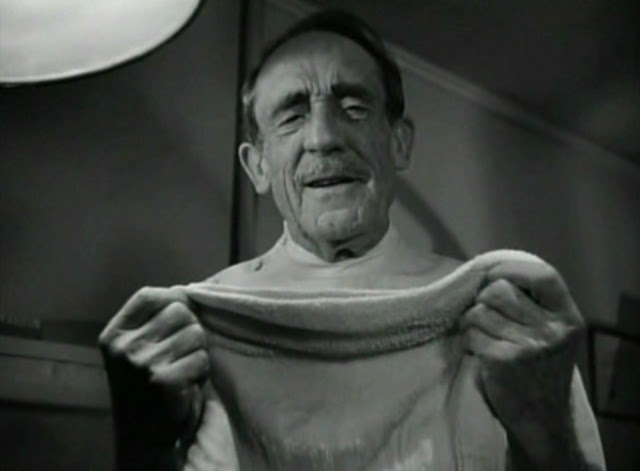“Dark Passage”
An interesting but ultimately humdrum journey.
Humphrey Bogart and Lauren
Bacall were one of Hollywood’s greatest pairings both onscreen and off. Their love affair defied age, status and
background. When they met while shooting
“To Have and Have Not”, Bogart was 44 years old, married, and already an
industry icon. Bacall was only 19,
single and a complete unknown in Tinseltown.
“To Have and Have Not” was a major hit and was quickly followed by “The
Big Sleep”, which also did very well.
“Dark Passage” was Bogart and Bacall’s third appearance together, but
box office lightning did not strike again.
Bogart plays a man wrongly
convicted of murder who escapes from San Quentin and gets plastic surgery to
avoid detection while trying to prove his innocence. Bacall is the artist who believes him and
while trying to help Bogart find his accuser, they fall in love. Bogart and Bacall’s crackling chemistry does
justice to the romance, but everything that happens around the love story feels
clumsy or cliché.
The first act of the film is
unusual in that it’s shot from the POV of Bogart’s character since we never see
his face pre-surgery. Initially this
choice is a fun visual variation, but once the bandages are off it gets
dropped, so it ends up feeling more like more a sight gag than a story
necessity. While a new handheld camera
was used to film the POV sequences, the movement is too slow and mechanical to
feel natural, which breaks the immersion.
The cast of characters that
Bogart meets are familiar archetypes, but unlike Bogart and Bacall, they are
oddly paired. First there’s the taxi driver who just happens to recognize Bogart’s
character and also just happens to
know a disgraced doctor who can fix Bogart’s face for a small fee. The actor is great, but the character’s
ghoulish bedside manner makes it very doubtful that any man, convict or otherwise,
would submit his skin to the scalpel of a doctor who looks like Bela Lugosi
channeling Henry Frankenstein!
How did the taxi driver and
the doctor come to know each other? What
it is about their “working” relationship that works? They seem to be from such totally different
worlds, yet their dynamic suggests a history that might actually make a better
story than the one being told! Is there
an underground specifically for escaped cons needing plastic surgery? I’d like to see that!
Then there’s the character
named Baker whom Bogart bums a ride from just after his jailbreak and whom we
later learn is a small-time crook who wants to blackmail Bacall through
Bogart. How did Baker come to be driving
by San Quentin that day? This is also
how Bogart meets Bacall’s character a little later after he knocks Baker out
and steals his car. These coincidences
are too contrived, and no justifications are forthcoming.
Aside from Bogart and
Bacall’s smoldering scenes together, part of what makes “Dark Passage” entertaining
was director Delmer Daves’s insistence on actual location shooting in San
Francisco. This live-on-the-street style
gives the film a visceral atmosphere that is quite welcome. Many films shot on studio sets or backlots
can feel quite claustrophobic due to the small number of locations and that
sense of sterility can carry over onto the screen. Being outside gives a real feeling of danger
for the protagonist and his desire to remain undetected.
Another visually striking
sequence is the psychological collage that occurs when Bogart’s character is
sedated before his plastic surgery. Many
of the film’s players make an appearance, and the kaleidoscopic effect on their
faces is used to great effect with the addition of some quite unusual images to
establish the morose mish-mash of so many worries in his head.
“Dark Passage” is aptly
titled, as it is a beautifully shot film with great performances, but the story
is haphazard and the pacing erratic. It
feels like the narrative was written on the fly without considering any
connections between the characters or developing an overall theme for the story
being told. It’s an intriguing puzzle at
first, but it ultimately feels like many pieces are missing from the picture.













No comments:
Post a Comment